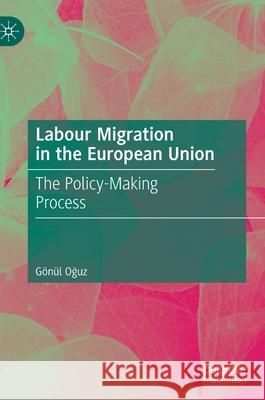Labour Migration in the European Union: The Policy-Making Process » książka
topmenu
Labour Migration in the European Union: The Policy-Making Process
ISBN-13: 9783030361846 / Angielski / Twarda / 2020 / 264 str.
Labour Migration in the European Union: The Policy-Making Process
ISBN-13: 9783030361846 / Angielski / Twarda / 2020 / 264 str.
cena 322,01
(netto: 306,68 VAT: 5%)
Najniższa cena z 30 dni: 308,41
(netto: 306,68 VAT: 5%)
Najniższa cena z 30 dni: 308,41
Termin realizacji zamówienia:
ok. 16-18 dni roboczych.
ok. 16-18 dni roboczych.
Darmowa dostawa!
Kategorie BISAC:
Wydawca:
Palgrave MacMillan
Język:
Angielski
ISBN-13:
9783030361846
Rok wydania:
2020
Wydanie:
2020
Ilość stron:
264
Waga:
0.48 kg
Wymiary:
21.01 x 14.81 x 1.75
Oprawa:
Twarda
Wolumenów:
01
Dodatkowe informacje:
Wydanie ilustrowane











